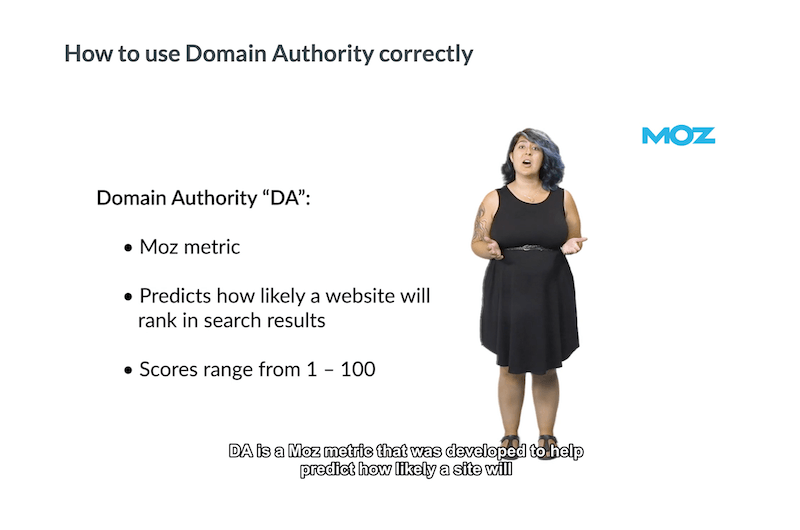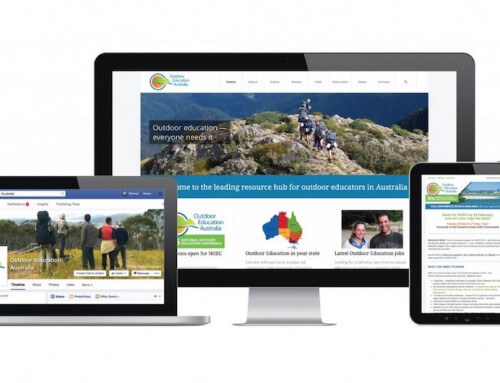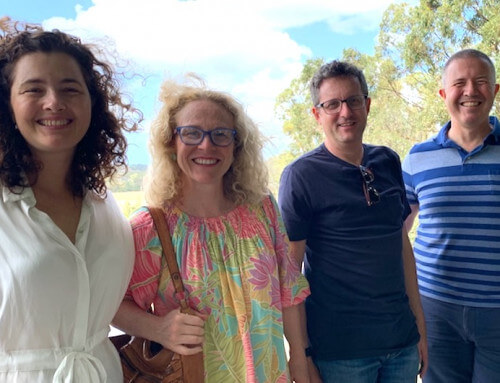What are the must dos when it comes to improving SEO?
There are many factors that influence how well your website ranks in Google search queries.
This article gives you 5 tips for improving SEO.
1. DOMAIN AUTHORITY
Domain authority is measure of the power of a domain name and is one of many search-engine ranking factors. Domain Authority (DA) is a website metric developed by Moz that gives a rating out of 100. It is influenced by:
- Age (older sites rate higher)
- Popularity (people visiting your site, staying long time on your site and other sites linking to your site, particularly if they are authoritative sites (i.e. also rank high)
- Size of your site (number of pages and internal links typically says your site has worthy content / good info source)
Other ways to improve Domain Authority are through Content Marketing (e.g. blogs – as this says the site is regularly updated), local search, linked Social Media platforms (Facebook, LinkedIn) and submitting to other search engines, such as Bing, (as well as Google – obviously).
5 Practical Steps to Build Domain Authority:
- Ensure that your Technical SEO is in place (HTTPS, Mobile Responsiveness, XML Sitemaps and a lot of other factors that web developers need to be on top of)
- Create lots of linkable content. Linkable Content is content on your site that other people/sites want to link to.
- Develop strong internal linking.
- Regularly remove bad backlinks (i.e. people linking to you that are not in keeping with your brand, low domain authority etc.)
- Be Patient. Generally speaking, the older the domain, the higher its authority.
2. USABILITY OF SITE
Build your website for users, not for search engines. This means ensuring people can do what they need to do on your site, e.g. find the information they are looking for, make an, inquiry or place an order.
To this end, it’s a good idea to place your most visited pages at the top of menus so people can easily go to the pages they want.
Importantly you want to engage visitors when they are on your site. The longer they are on a page, the lower your bounce rate. This tells Google your pages are of value.
Images, diagrams, short videos and sub-headings help make pages more interesting.
3. SPEED OF SITE LOADING
Slow sites increase bounce rate, so it’s important to focus on how you can enhance speed of your site.
- Review / upgrade your hosting
- Minimise plug-ins – get rid of ones not being used. Ensure they are up to date.
- Optimise images – ensure the quality is acceptable but the size small. There are techniques that can be applied to improve image loading on your site.
- Minimise JavaScript, CSS & HTML.
4. STRUCTURED DATA (SCHEMA MARK-UP)
Structured Data is used to describe what a website / page is about in a language that search engines can read. Structured Data can make your site stand out against competitors by adding star ratings and other useful information. It includes the SEO Title (Title Tag) and Meta Description. See the example below.
Using WordPress there are plug-ins like Yoast SEO that make it easy to add structured data.
5. H1 HEADINGS
Every page needs a H1 heading (and only 1 per page). Google looks to this to find out what that page is about so be conscious of what you write in that heading.
Calling in the experts — the next step to improving SEO
There are many other elements to improving SEO, which is why once you’ve covered the foundational aspects you may need to engage the services of a specialist SEO agency to help boost your SEO Rankings. At Action Communications we partner with one of Brisbane’s best SEO agencies who is a Google Partner and up to speed with the latest Google algorithm updates.
If you need help in updating your website and or in improving your Google Ranking, get in touch.
We can provide a complementary assessment as to how you rank in your key service areas.



